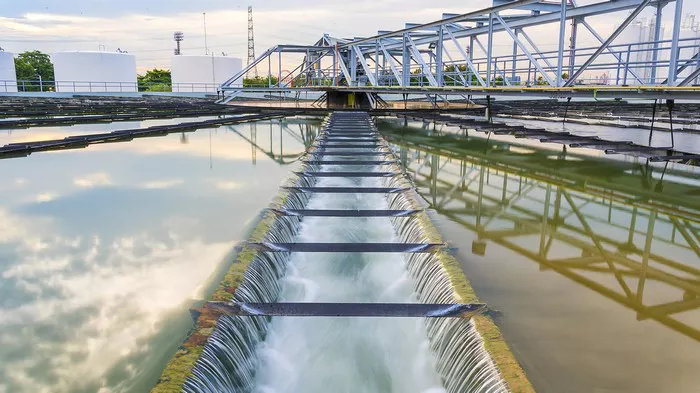In a significant grassroots victory, local residents of Milton, Florida, successfully ousted all four city councilors who supported a controversial plan to build a new sewage treatment plant near the Blackwater River, one of the state’s most pristine waterways. The campaign, led by the Save Blackwater River initiative and a citizen action group, culminated in a resounding election result last month, where all incumbents running for re-election were defeated.
As a result of the electoral shift, the proposed 25-acre wastewater treatment facility, which was to be built partially on wetlands feeding into the environmentally sensitive river, has been put on hold. The newly elected councilors now face the task of addressing the city’s ongoing wastewater issues and ensuring future solutions do not threaten the community’s water resources.
Pam Mitchell, co-founder of the Concerned Citizens of Milton group, expressed the significance of the win: “It’s a new day in this city,” she said. “The people here are fiercely protective of their river and their community, and this election reflects that.” She emphasized the need for continued civic engagement to resist outside pressure and financial interests that may jeopardize the city’s environment.
While the current treatment plant, a relic from over six decades ago, is outdated and in need of replacement, Mitchell and other residents strongly opposed the proposed location for the new facility. The site, situated on flood-prone clay land near the riverbanks, was deemed risky by geologists who feared potential hazards to the Blackwater River if the sewer line failed. Critics also pointed to a lack of adequate public consultation and the influence of outside developers poised to profit from the project.
In addition to environmental concerns, the city’s efforts to secure funding for the project have faltered. Milton missed key deadlines to submit environmental assessments, resulting in a $9 million loss in federal funding. Tensions at city council meetings escalated, with Mitchell recounting an incident where she was escorted out by local police after protesting the lack of public input. At one meeting, a Republican county official allegedly threatened a council member over the plant’s proposal.
As the dust settles from the election, the new council faces a pressing challenge. The Florida Department of Environmental Protection (DEP) has mandated that the city cease discharging treated effluent into the Blackwater River by the end of next year, further heightening the urgency to resolve the wastewater issue. Mitchell noted that while the need for a new plant is clear, it must be located in a safer, more environmentally responsible area.
One of the immediate decisions for the incoming council will be whether to proceed with a controversial $16 million contract with a local company to spray treated effluent onto fields. Environmental experts have raised concerns over potential contamination from harmful pollutants, such as PFAs, which could seep into local aquifers and threaten drinking water supplies.
Complicating matters, the city faces the possibility of losing a $5 million federal grant from the American Rescue Plan Act if no decision is made by the end of the year. Mitchell criticized the previous council for its failure to act in a timely manner, saying, “They were just ready to throw something out there and get it signed. It didn’t matter what it was, they just didn’t want to lose the $5 million.”
The incoming council, including retired postal supervisor Larry McKee and nurse Ashley Fretwell, has expressed a commitment to thoughtful decision-making. McKee, a first-time candidate, emphasized the need for cooperation, saying, “I don’t believe in fighting. I believe in figuring out what’s needed and getting it done.”
Fretwell echoed this sentiment, highlighting the previous council’s failure to listen to the public. “The public wasn’t being heard,” she said. “Nobody would listen to each other.”
Mitchell hailed the election as a win for the community. “The new councilors are committed to doing their research and asking the right questions,” she said. “Unlike the previous council, which accepted the city manager’s word without scrutiny, this council is ready to prioritize both the environment and the needs of Milton’s residents.”
The new council’s priorities include addressing the wastewater treatment issue, ensuring environmental responsibility in siting the new plant, and fostering a more collaborative, functional government. Mitchell expressed hope that the new leadership will be able to break the cycle of dysfunction that has plagued the city for years. “Now the work really begins,” she said. “We’ve told the public what we were going to do, now we’ve got to show them we mean business.”
Related topics:

